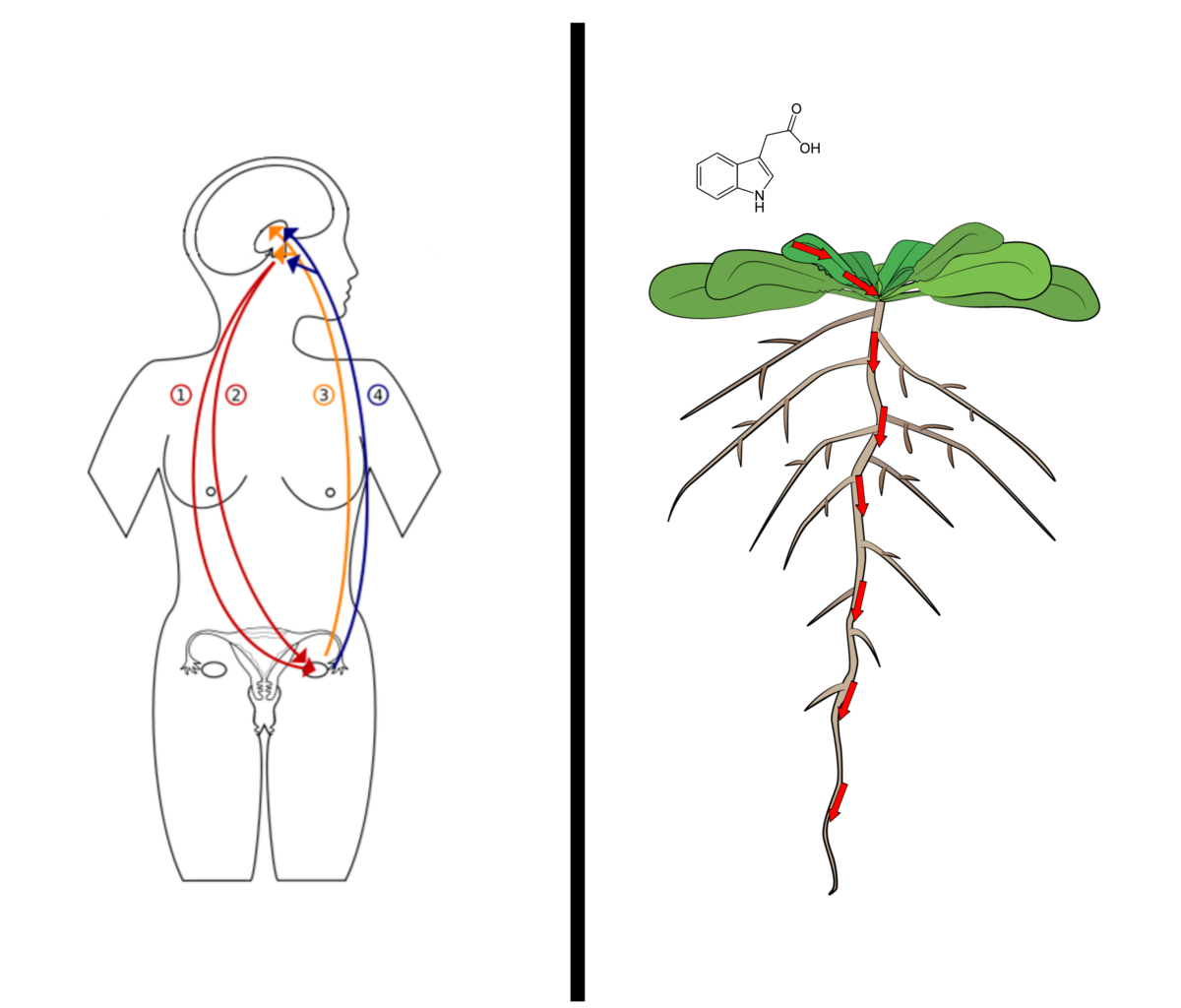JohnBoy2000
Bluelighter
- Joined
- May 11, 2016
- Messages
- 2,465
I read about this some years ago, refreshed my memory through the wikipedia page more recently, but perhaps there's some with more refined hormonal vs nerve impulse/neurotransmitter signalling understanding among us?
It's contended "cellular function slows with age", it's not contended how or why this happens, but seems to reflect in physical appearance and other physiological factors.
My primary question is simply, hormonal implication as a result of CNS/neural impulses?
They work as 2nd messengers in that capacity?
How, why, effects of one on the other etc?
Pituitary seems to regulate most hormonal signalling in the body, being a gland located in the brain, obviously there's an association.
I can and will bring myself up to speed on the hormone activation and signalling vs neural action potentials and conventional neurotransmitter signalling, but again - if there's any poster who has the core/primary concepts of hormonal signalling down - care to extrapolate on those concepts here?
PS - example, dihydrotestosterone responsible for hair follicle contraction, hair thinning and loss, seems to approach with age - but this is all hormonal.
I'm almost certain it's associated on a more fundamental level with CNS/neural signalling/impulses, and has historically thought to be "genetic" - but of course as CNS impulses and signalling can dictate gene expression (epigenome), it seems likely that activation of hormonal activity like DHT which causes hair loss, is a 2nd messenger effect of CNS variation (potential gene expression variation) that comes with age - vs being some predisposed gene that expresses around ones 30's.
Anyways, bottom line, hormone transmission - anyone informed on this area of physiology?
It's contended "cellular function slows with age", it's not contended how or why this happens, but seems to reflect in physical appearance and other physiological factors.
My primary question is simply, hormonal implication as a result of CNS/neural impulses?
They work as 2nd messengers in that capacity?
How, why, effects of one on the other etc?
Pituitary seems to regulate most hormonal signalling in the body, being a gland located in the brain, obviously there's an association.
I can and will bring myself up to speed on the hormone activation and signalling vs neural action potentials and conventional neurotransmitter signalling, but again - if there's any poster who has the core/primary concepts of hormonal signalling down - care to extrapolate on those concepts here?
PS - example, dihydrotestosterone responsible for hair follicle contraction, hair thinning and loss, seems to approach with age - but this is all hormonal.
I'm almost certain it's associated on a more fundamental level with CNS/neural signalling/impulses, and has historically thought to be "genetic" - but of course as CNS impulses and signalling can dictate gene expression (epigenome), it seems likely that activation of hormonal activity like DHT which causes hair loss, is a 2nd messenger effect of CNS variation (potential gene expression variation) that comes with age - vs being some predisposed gene that expresses around ones 30's.
Anyways, bottom line, hormone transmission - anyone informed on this area of physiology?
Last edited:

